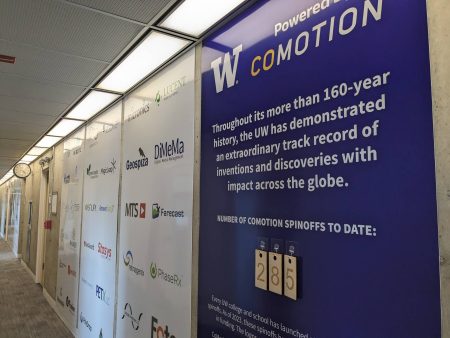The U.S. Federal Trade Commission has released final rules banning the use of non-compete clauses in employment agreements. These clauses have traditionally restricted workers from taking jobs with competitors or starting competing businesses. The technology sector has been particularly affected by non-compete agreements, with some arguing that they stifle innovation and harm workers, while others believe they are necessary protections for intellectual property and trade secrets.
FTC Chair Lina Khan stated that non-compete clauses keep wages low, suppress new ideas, and hinder the American economy from creating new startups. The proposed rule change received 26,000 public comments, the majority of which were in favor of a ban. However, the U.S. Chamber of Commerce has vowed to sue the FTC over the regulation, arguing that it sets a dangerous precedent for government micromanagement of businesses.
The new rule will ban all future non-compete agreements, including those for senior executives. Existing non-competes will be struck down, except for senior executives, who make up less than 1% of the workforce. The FTC estimates that roughly 30 million American workers are currently covered by non-compete clauses, and predicts that the new rules will result in an average increase of $524 in earnings per year for employees.
In 2019, Washington state implemented its own restrictions on non-compete agreements, limiting them to employees earning more than $100,000 a year and independent contractors making $250,000 annually. The state law also capped the duration of the clauses at 18 months. The final rule from the FTC will take effect 120 days after it is published in the Federal Register and will supersede the state law.
Microsoft announced in June 2022 that it would no longer include non-compete clauses in its U.S. employment agreements, except for senior leaders. This decision was made to support American innovation and provide employees with the freedom to pursue their desired career paths. In contrast, Amazon has sued former employees for alleged non-compete violations in the past decade. The FTC’s new rules aim to eliminate non-compete agreements in order to promote competition, innovation, and higher wages for American workers.















